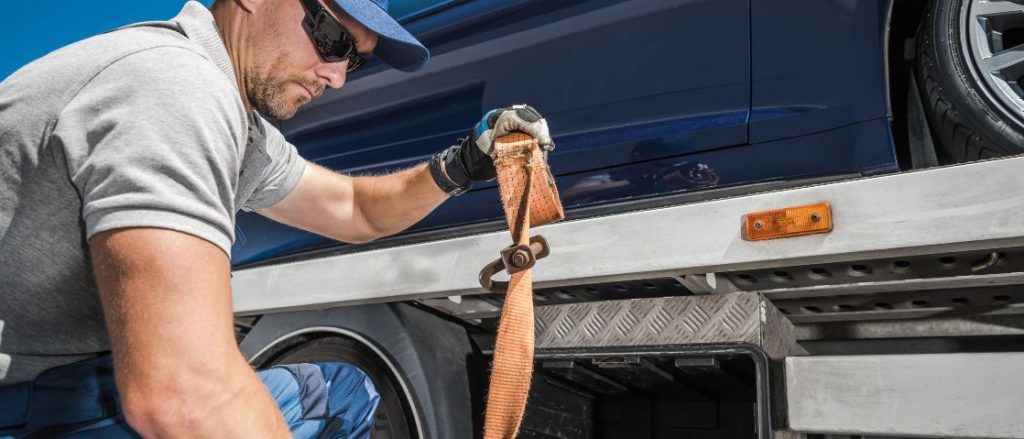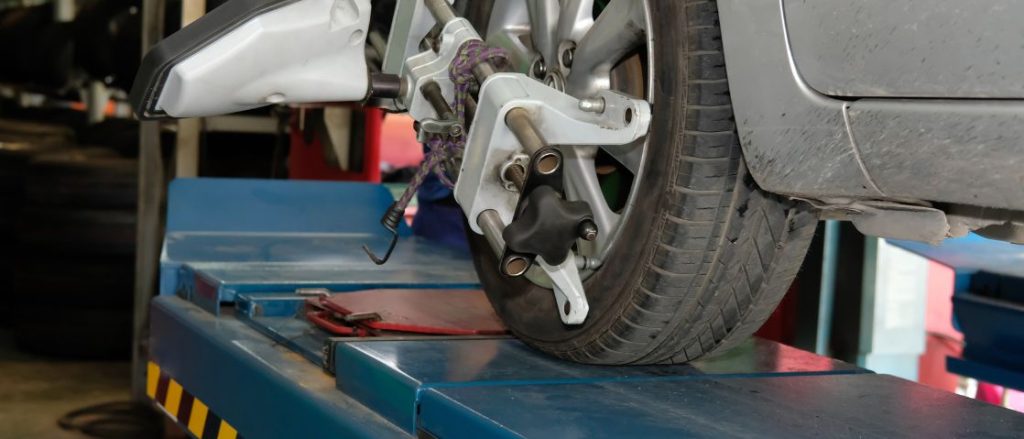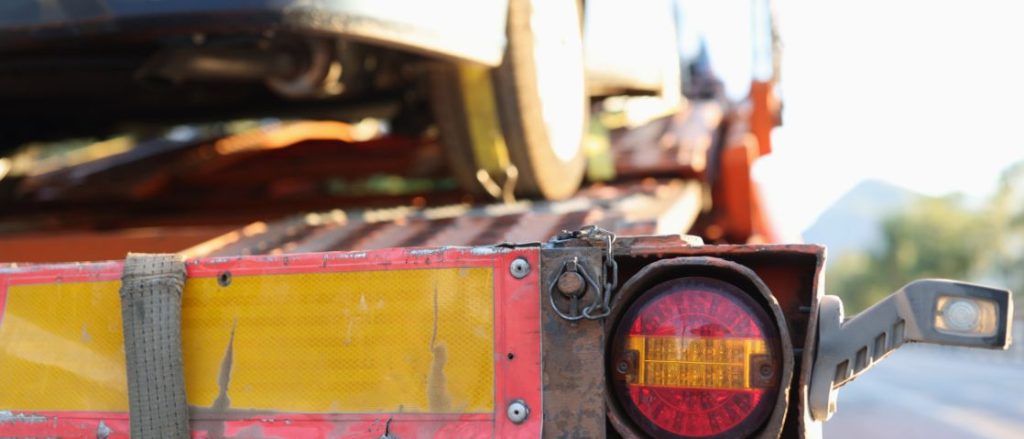If you are owed payments for a car under a hire purchase or conditional sale agreement, repossession is a right you may wish to exercise. But a common question is – when can you seize vehicles without needing to go through lengthy legal proceedings? This guide will explain the situation for creditors and enforcement services.
Defaulting on Hire Purchase and Conditional Sale Contracts
These types of finance deals mean the debtor does not fully own the car until all payments under the agreement have been completed. So if they default on the contract by missing payments, the creditor has the legal right to take back possession of the asset.
This can happen without needing to apply to court, as long as the proper process has been followed. Usually this would mean serving the debtor a ‘default notice’, giving them 14 days to pay the arrears. If they fail to become up-to-date with payments after this period, the vehicle can then be seized.
Will Partial Repayments Affect the Right to Repossess?
Once a default notice has been issued, the question often arises over whether the debtor making some partial payments will affect the situation. In fact, under consumer credit legislation, any repayment less than the full amount requested does not change the creditor’s entitlement to repossession.
As long as any sum remains outstanding after the 14 days allowed in the notice, the car can still be taken back into the creditor’s possession without needing court approval. This applies even if the debtor has paid off much of the arrears.
When Might a Court Order Still be Required?
There is one particular exception to being able to repossess without court order. If the debtor has already paid off over one third of the total amount payable under the agreement at the time they default, the creditor may have to apply for a court order before seizing the vehicle.
This is known as ‘the one-third rule’ and is in place to protect debtors who have nearly repaid a significant portion already. Check paperwork to confirm whether court action is required or if contractual repossession rights can be exercised directly.
Returning Repossessed Vehicles to Debtors
Another common query is whether a car that has been repossessed could ever be given back to the debtor. In exceptional circumstances where arrears are paid soon after seizure, plus fees incurred, an agreement could potentially be made to return the vehicle.
However, the debtor would usually need strong proven grounds for financial hardship. There would also need to be firm evidence of ability to meet future obligations under the contract. But reinstating agreements is rare – repossession tends to signal the end of the debt relationship.
Important Consumer Credit Act Considerations
When repossessing goods under any regulated consumer credit or hire agreements, key legislation must be followed. For instance the Consumer Credit Act states default notices must clearly detail amounts overdue. They should avoid exaggerated threats of consequences for non-payment too.
Getting compliance right for notices and procedures is vital or creditors risk breaking the law themselves. Taking legal advice is prudent before issuing a default notice if unsure of requiremets.
Nationwide Specialist Support for Vehicle Repossessions
While repossessing cars can be administratively and legally complex, services like Able Investigations make exercising creditor rights achievable. With extensive experience acting for banks, vehicle finance firms and other lending businesses, agents can take possession ethically and efficiently across the UK.
Whether working under court orders or directly under hire purchase and conditional sale contracts, they follow best practice for minimising debtor distress. Specialist field agents with appropriate training support creditors to get back vehicles first time.
In Conclusion
To summarise the key points on whether vehicles can be repossessed without court orders – under certain consumer credit agreements, creditors do have this contractual right if the debtor defaults.
However, care must be taken to follow correct procedures or consequences could follow. Using reputable enforcement services will ensure the complex process of vehicle repossession is handled lawfully.
If you require expert help in repossessing vehicles, contact Able Investigations for guidance and acccess to highly trained enforcement agents.




Comments are closed.